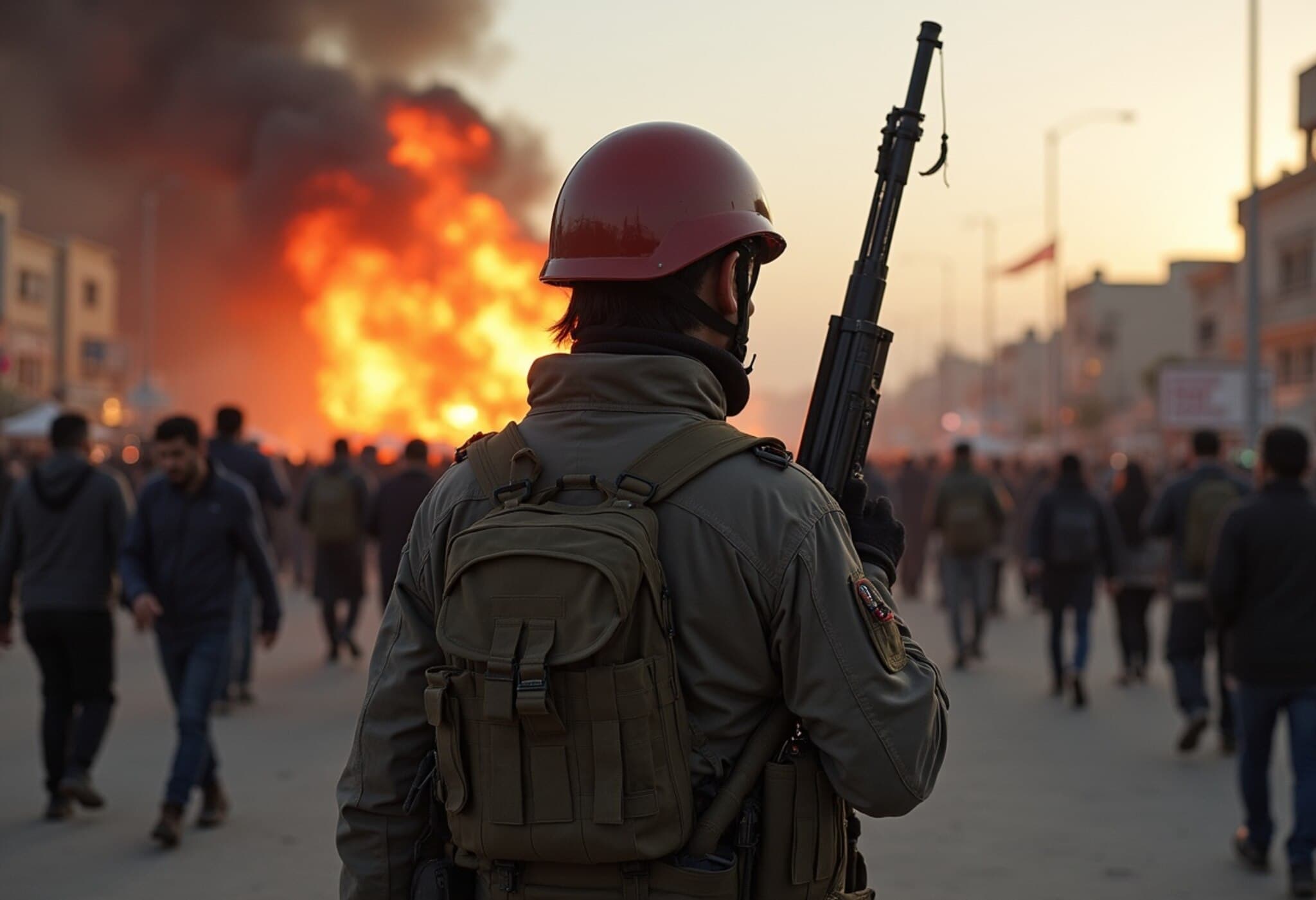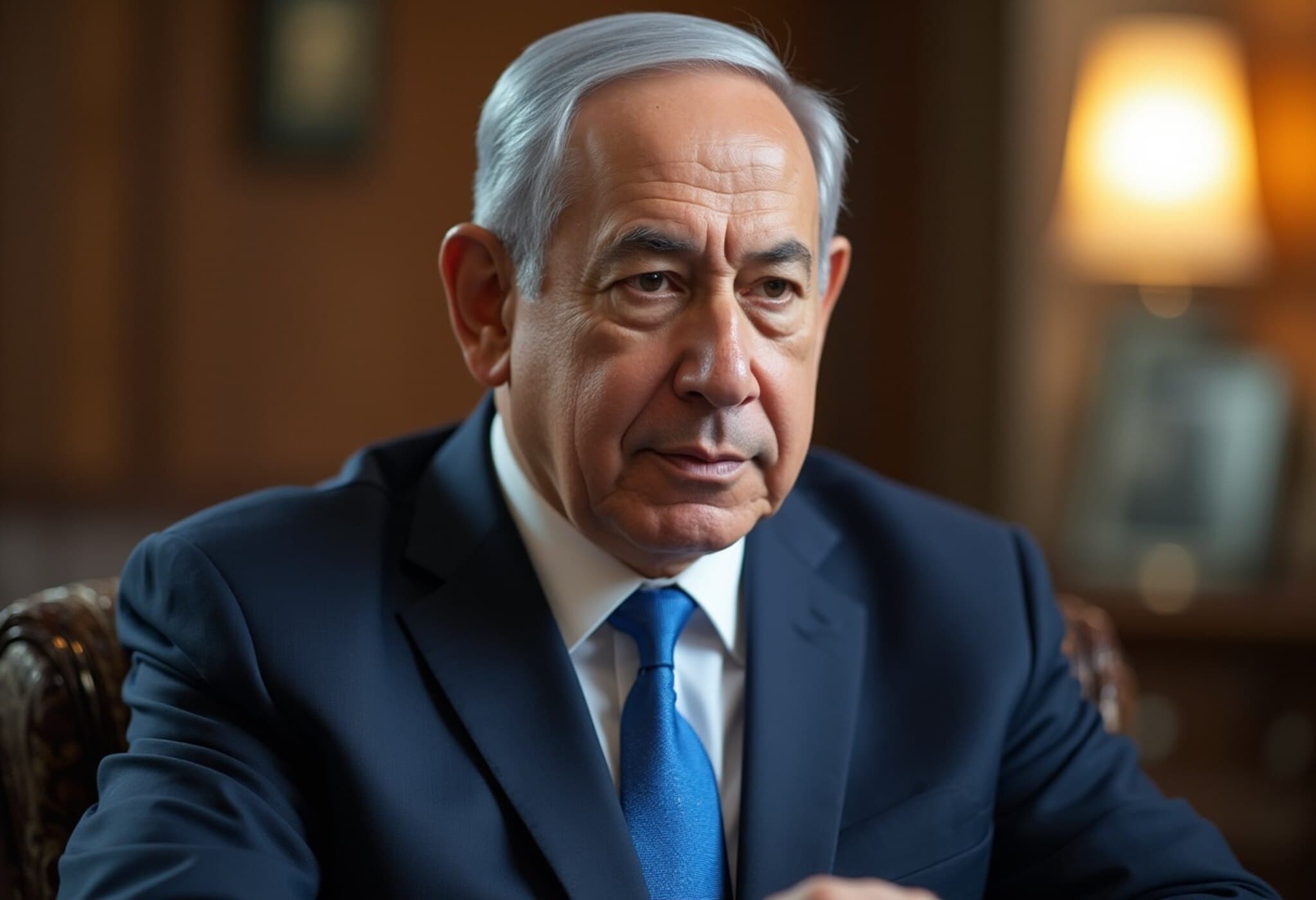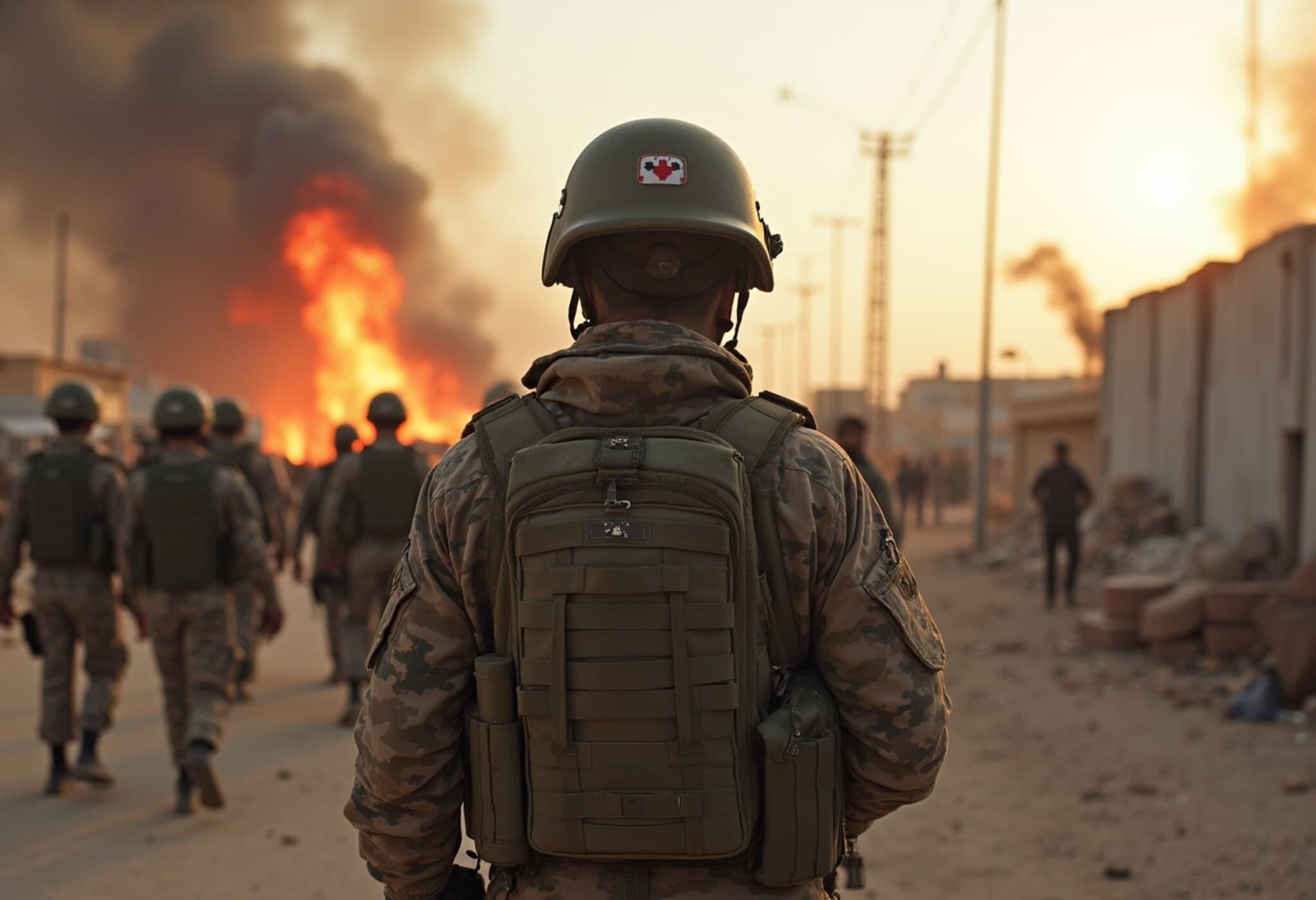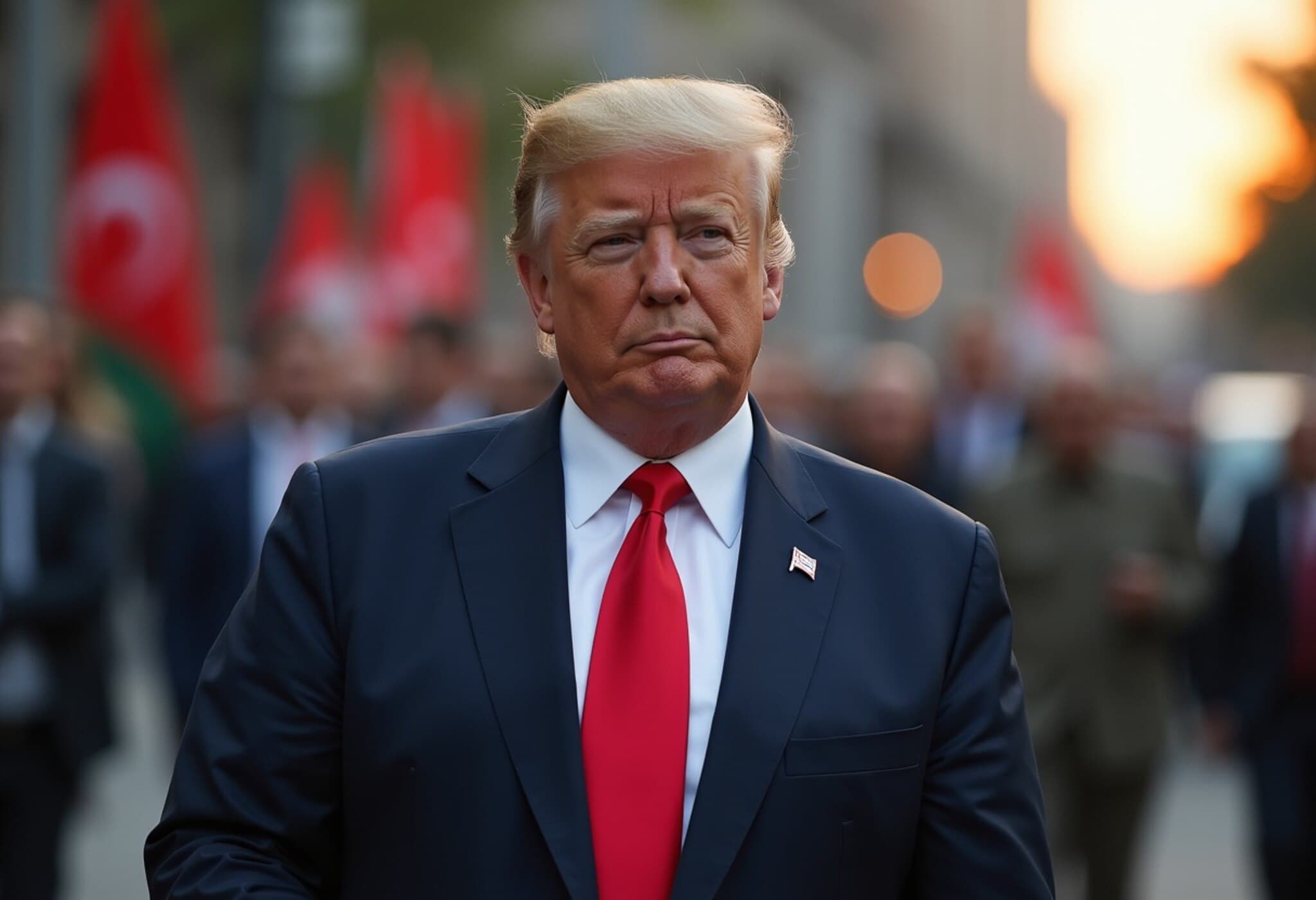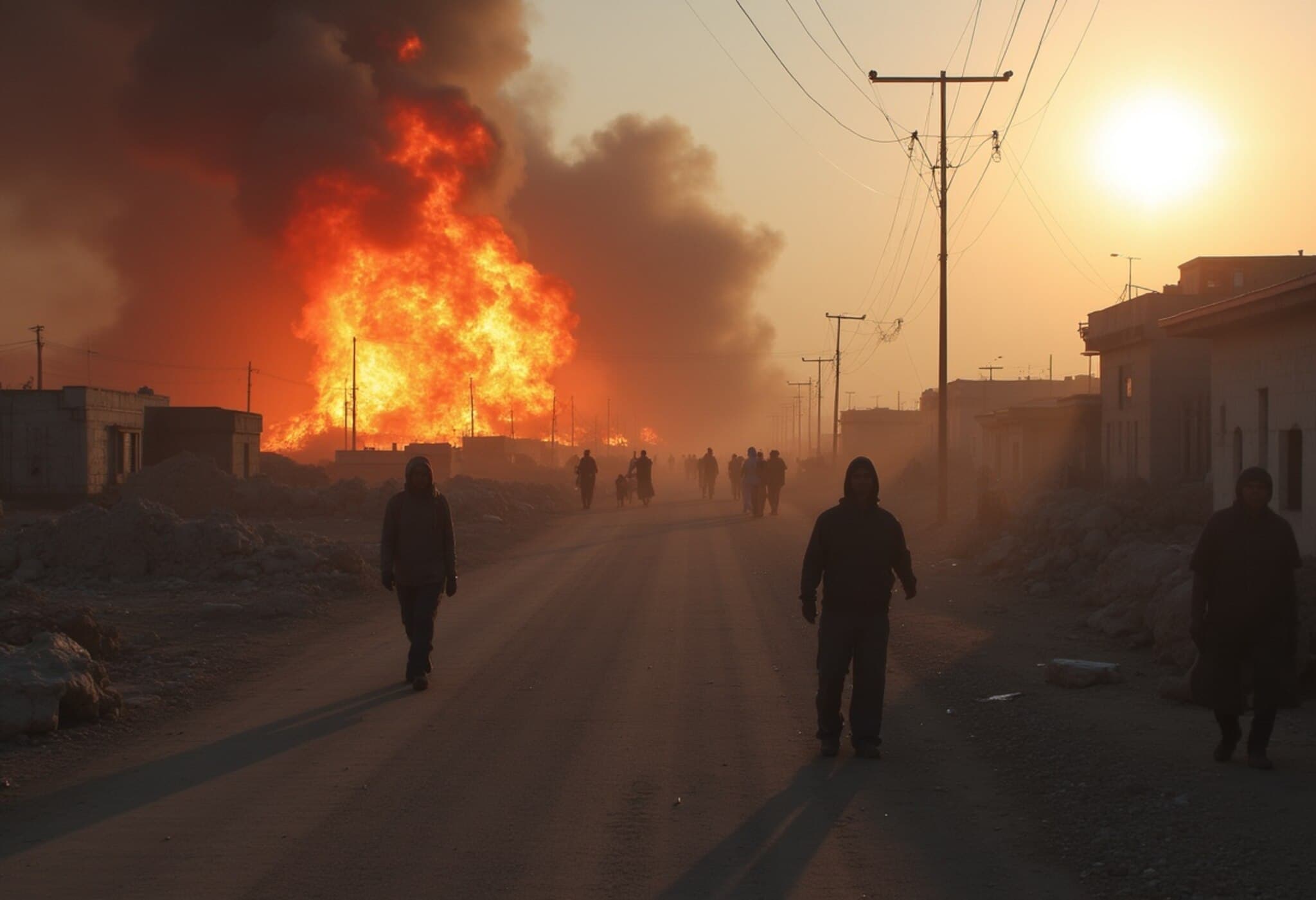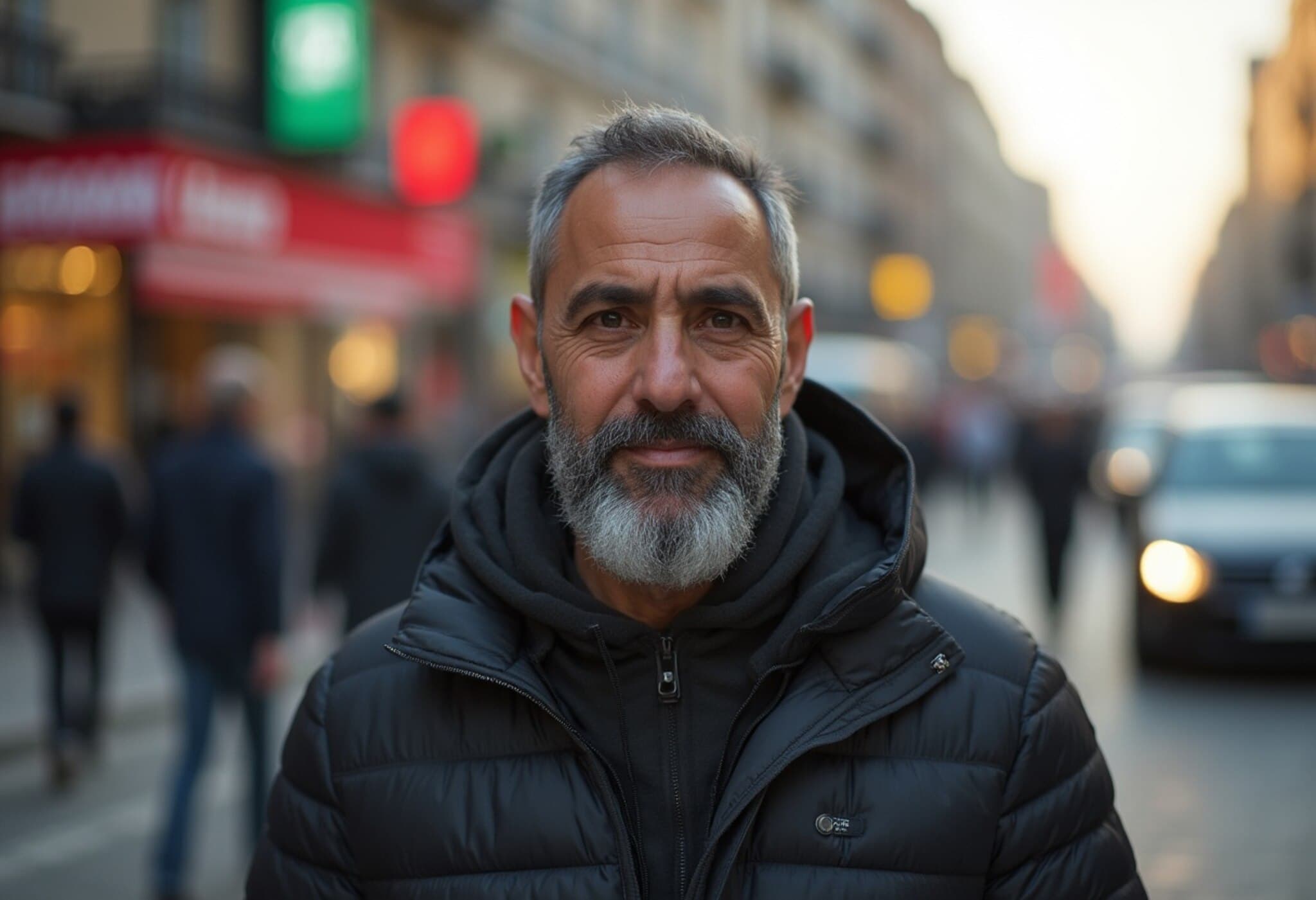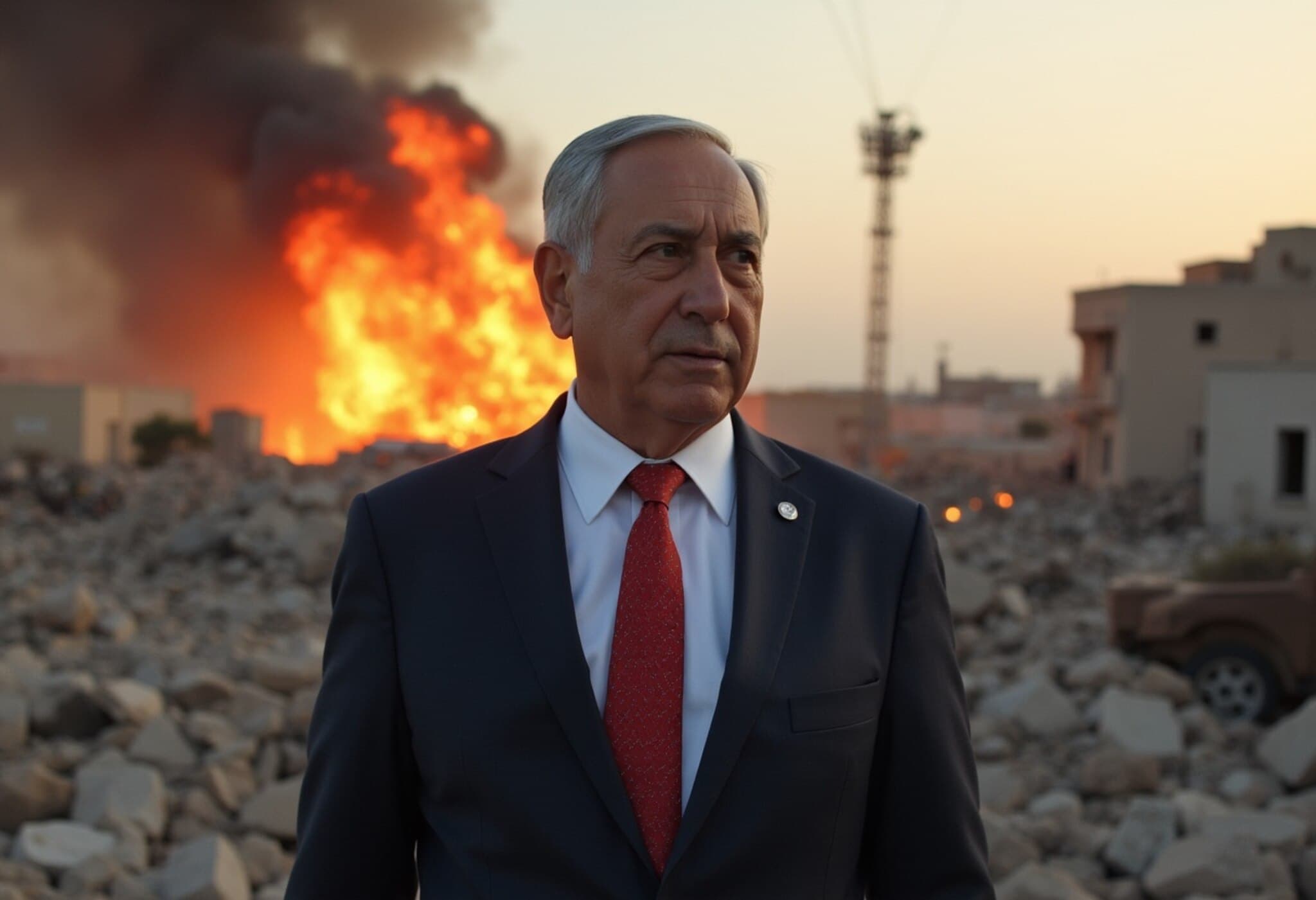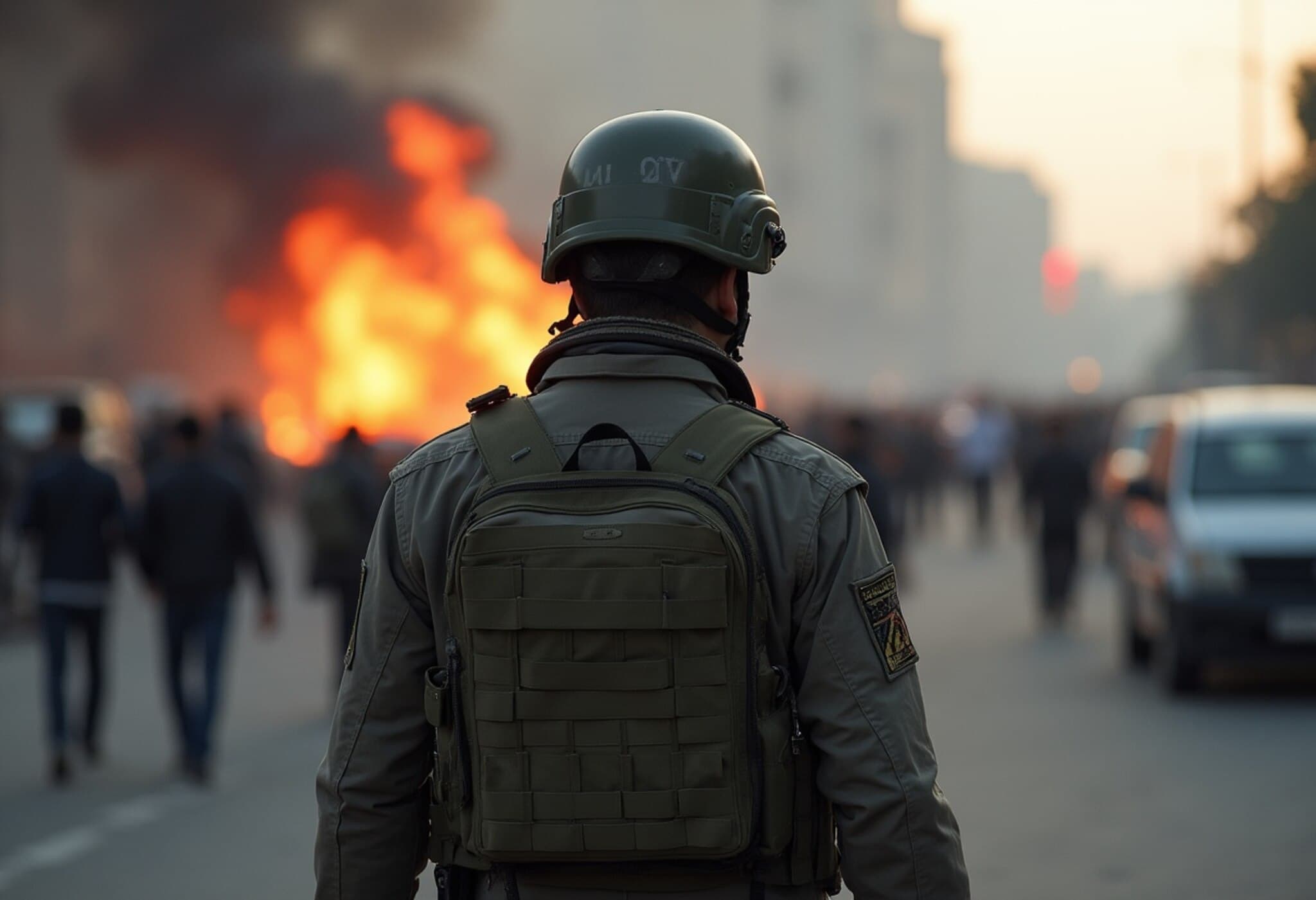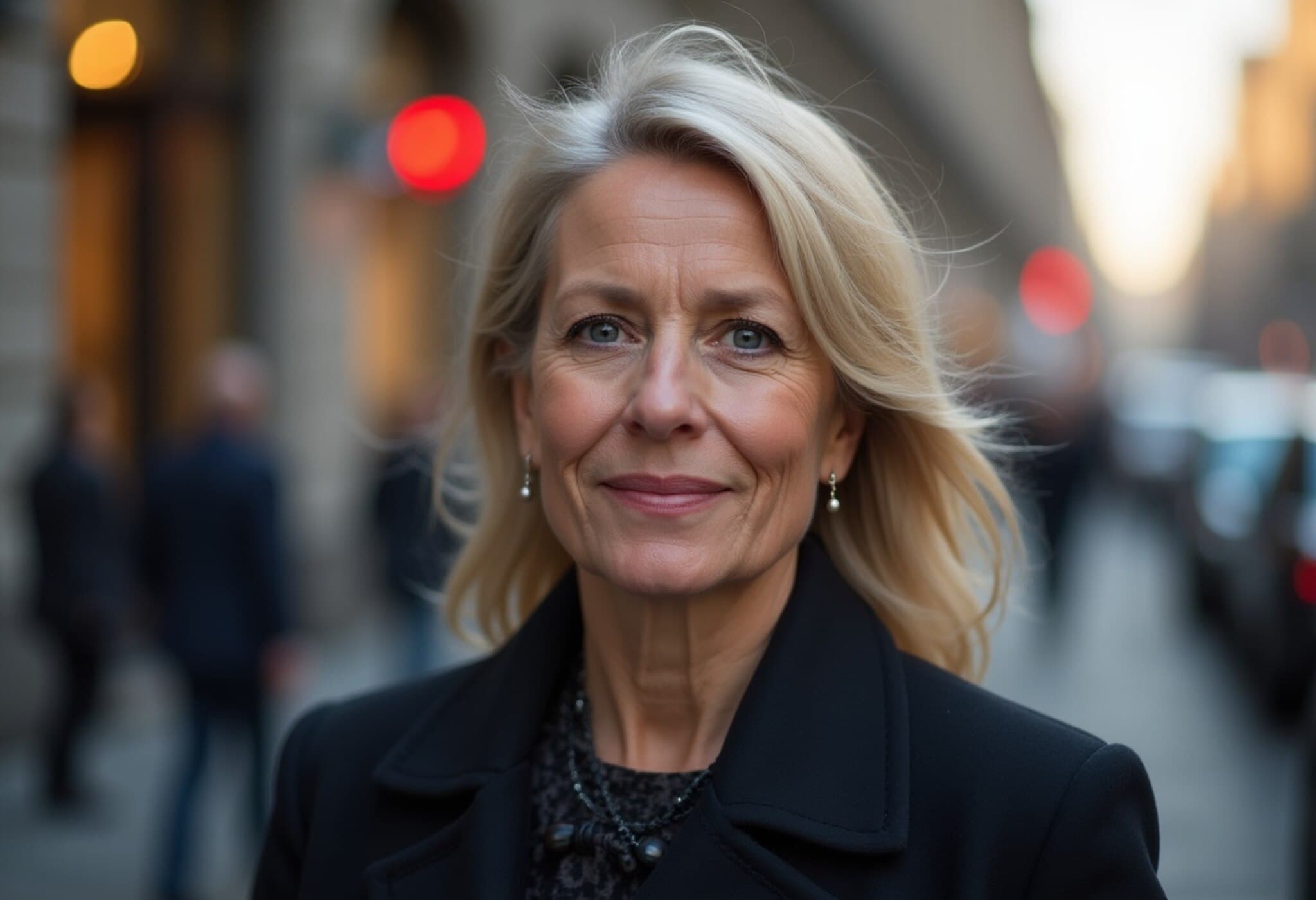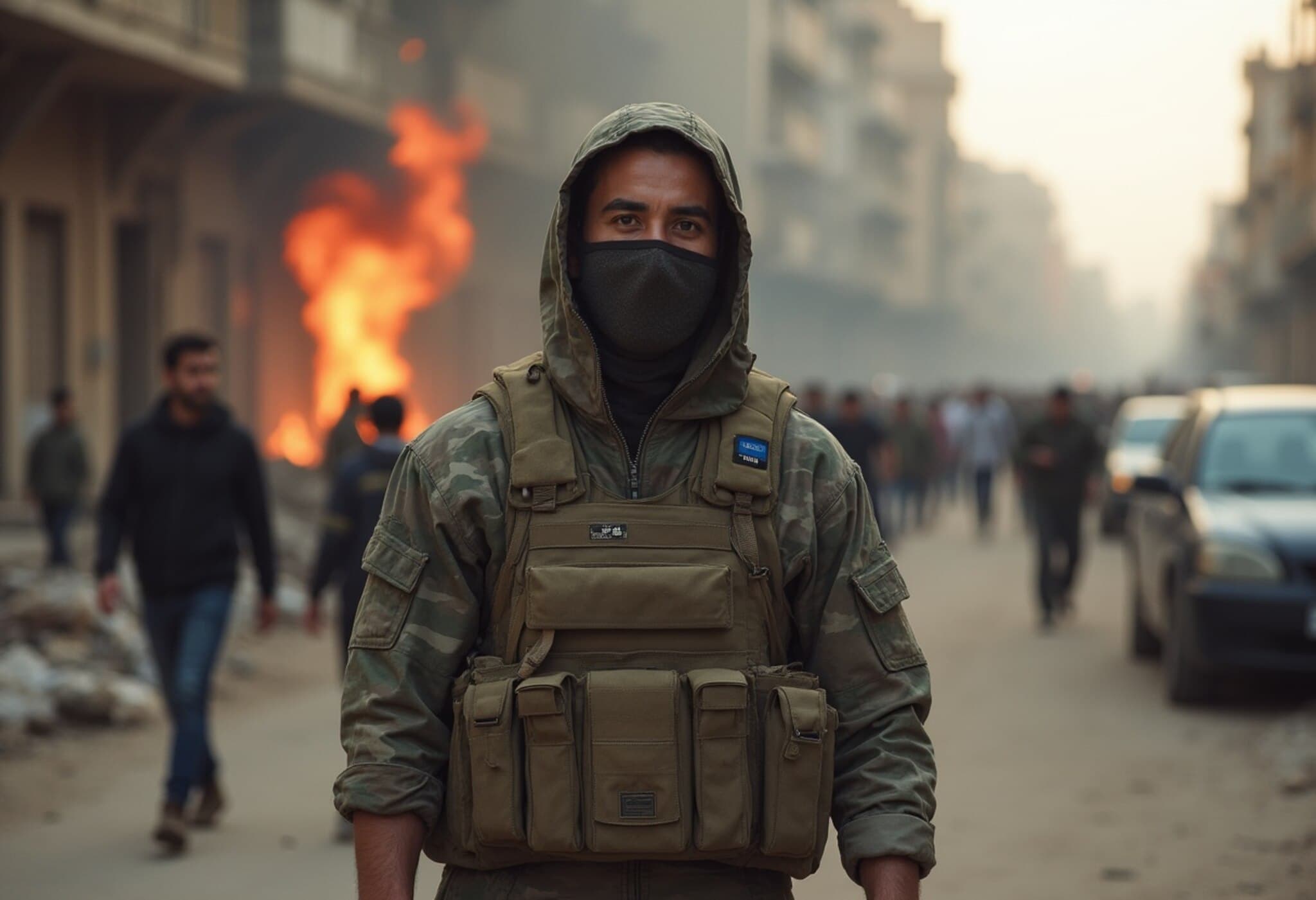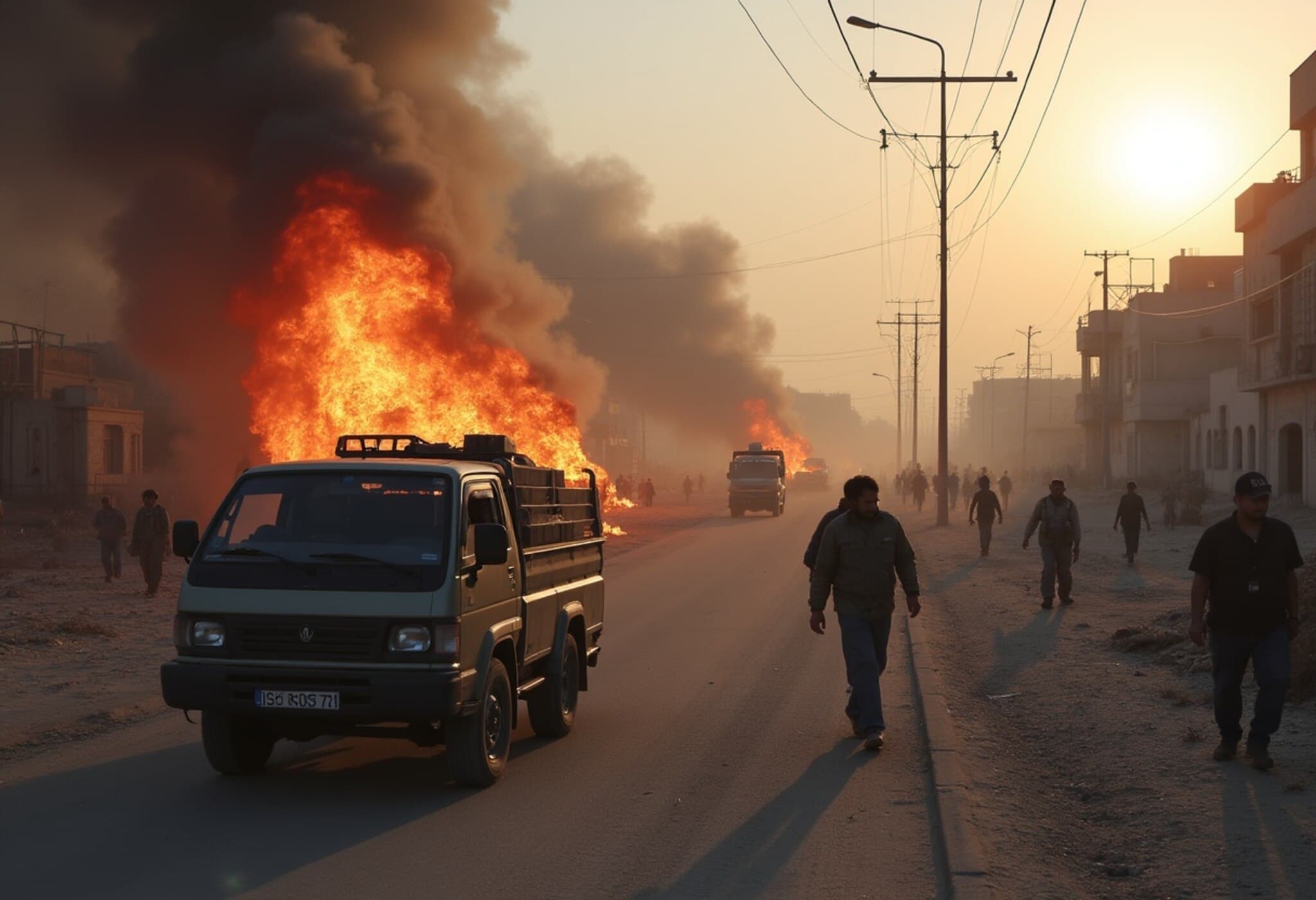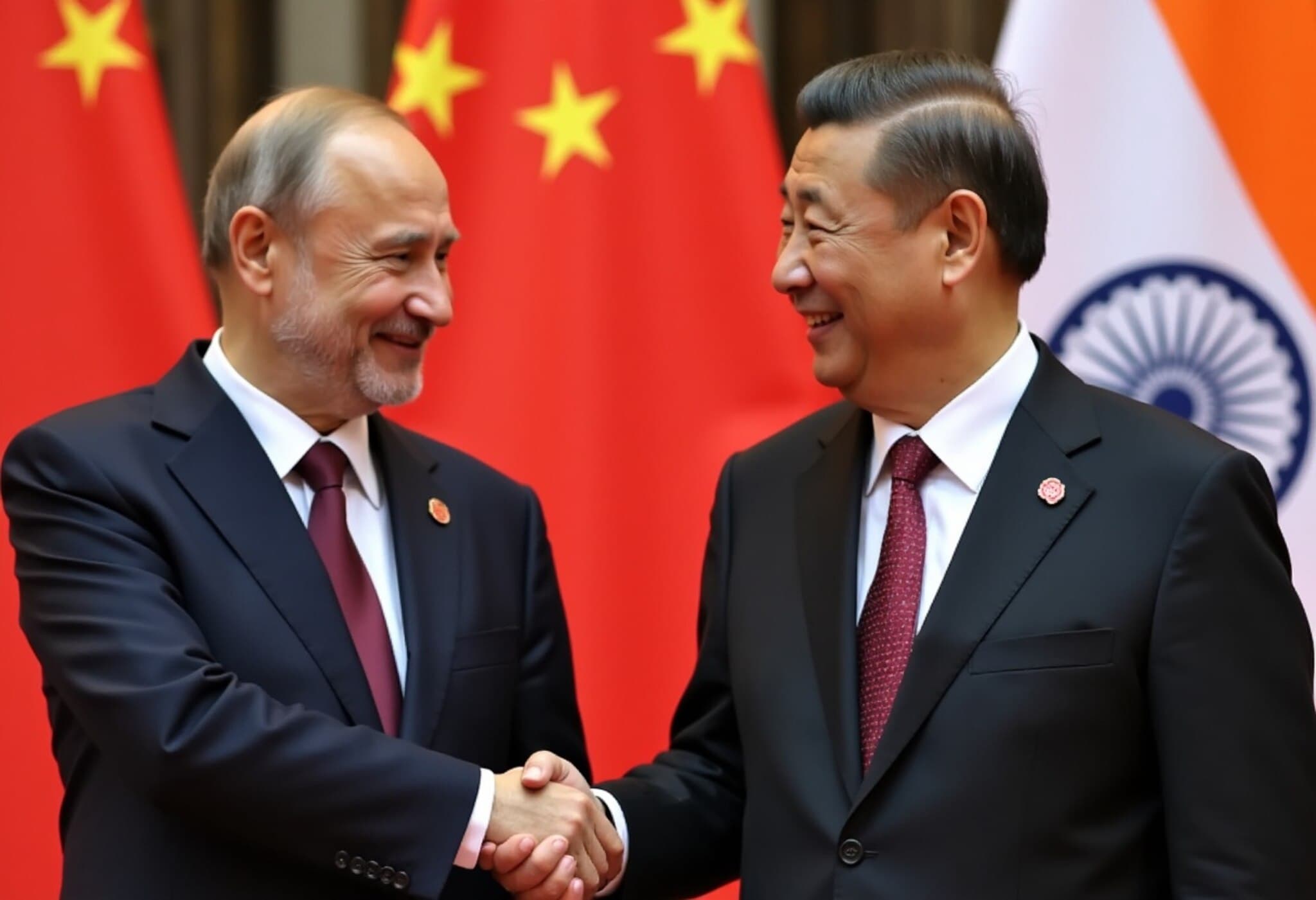Escalation in Gaza and Nationwide Protests in Israel Mark Day of Unrest
On August 26, 2025, a relentless cycle of violence and civic unrest unfolded with deadly Israeli strikes targeting Gaza City, claiming at least 34 lives according to local health authorities. This surge in military operations has forced thousands of Palestinian families to flee their homes amid the expanding humanitarian crisis, while thousands across Israel took to the streets to demand the release of hostages and an end to the ongoing war.
Renewed Bombardments Hit Gaza's Eastern Districts
The Israeli Defense Forces (IDF) intensified aerial and tank strikes overnight in Gaza City neighborhoods of Sabra, Shejaia, and Tuffah, as well as the northern town of Jabalia. Residents described the attacks as "earthquakes," meant to instill fear and pressure civilians to evacuate. These strikes have destroyed vital roads and residential buildings, further complicating the already dire situation for Gaza's densely packed population.
Ismail, a 40-year-old Gaza resident, expressed the desperation felt by many: "They want to scare us to leave our homes. We don’t know where to go; every part becomes a battleground."
Deadly Attack on Nasser Hospital Highlights Civilians’ Vulnerability
One of the most alarming strikes hit Nasser Hospital in the southern Gaza Strip town of Khan Younis on Monday, killing at least 20 people including several journalists, among them Hussam al-Masri, a Reuters cameraman. Journalistic sources were targeted near live broadcast positions, raising profound concerns about the safety of reporters amid the conflict.
Prime Minister Benjamin Netanyahu expressed deep regret over what he described as a "tragic mishap". Yet, the Israeli military has not disclosed specifics surrounding the hospital attack, contributing to mounting tension and skepticism from international observers and human rights organizations.
Internationally Condemned Offensive Persists Despite Rising Casualties
With over 62,000 Palestinians reportedly killed during the ongoing Israeli military offensive—most of them civilians—as per Gaza's health ministry, the humanitarian catastrophe continues to deepen. The enclave’s population of nearly two million is largely displaced, with many moving westward into Gaza City’s urban heart and along the coast, while others seek refuge further south near Khan Younis.
‘Day of Disruption’: Israelis Demand Clarity and Peace
Back in Israel, a wave of public dissent erupted. Protesters blocked roads, including the busy Ayalon highway in Tel Aviv, holding up images of hostages captured during the October 7, 2023, Hamas-led assault.
The demonstrations form part of what families of hostages have coined the "Day of Disruption," spotlighting the nation’s mounting frustration over the government's handling of the conflict.
- Einav Zangauker, mother of Israeli hostage Matan Zangauker, urged for accountability: "For 690 days, the government has waged a war without clear objectives. How will the hostages be rescued? What will happen to Gaza after the fighting? How do we rebuild lives shattered by this conflict?"
Looking Ahead: Critical Questions Amid an Uncertain Future
The conflict’s roots run deep, with the October 2023 Gaza incursion that killed approximately 1,200 Israeli civilians and seized 251 hostages sparking a forceful Israeli response. As the offensive advances towards what Israel calls Hamas’ "last bastion" in Gaza City, the region faces a harrowing crossroads between continuing military engagement and seeking diplomatic pathways to peace and reconciliation.
Experts emphasize the need for urgent humanitarian corridors and transparent communication to prevent further civilian casualties and protect journalists working in conflict zones. Moreover, the protests in Israel highlight a growing domestic demand for clarity, strategy, and humane resolution of the hostage crisis and broader conflict.
Editor’s Note
As violence escalates in Gaza and societal fractures widen in Israel, it is crucial to remember the profound human cost behind the statistics. The unfolding situation demands not only immediate humanitarian relief but also a concerted effort from political leaders and the international community to address the root causes fueling this cycle of violence. Readers are encouraged to consider the voices on the ground—families of hostages, displaced civilians, and peaceful protestors—who grapple daily with the devastating consequences of war and yearn for a sustainable peace.

